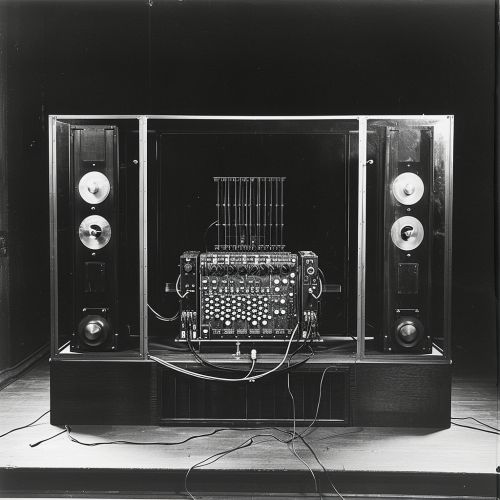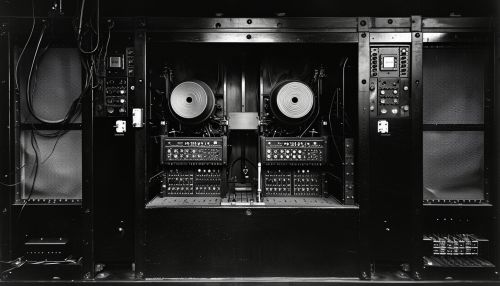Digital Computers
Introduction
Digital computers are a type of computer that function by manipulating digital signals, which are discrete signals that represent data in a binary form. The core principle of a digital computer is the binary system, where data is represented in bits and bytes.
History
The concept of digital computing can be traced back to the work of George Boole's Boolean algebra in the mid-19th century. However, the first practical implementation of a digital computer was the Atanasoff-Berry Computer (ABC), developed between 1937 and 1942 by John Vincent Atanasoff and Clifford Berry.


Architecture
The architecture of a digital computer is based on the Von Neumann model, which comprises the central processing unit (CPU), memory, and input/output devices (I/O). The CPU is the brain of the computer, executing instructions stored in memory. The I/O devices allow the computer to interact with the outside world.
Types of Digital Computers
There are several types of digital computers, each designed for specific applications. These include personal computers, servers, mainframes, supercomputers, and embedded systems.
Personal Computers
Personal computers (PCs) are the most common type of digital computer. They are designed for individual use and typically have a user-friendly interface.
Servers
Servers are powerful computers designed to manage network resources. They are used in businesses and organizations to host websites, manage email systems, and store data.
Mainframes
Mainframes are large, powerful computers used by large organizations for critical applications, bulk data processing, and transaction processing.
Supercomputers
Supercomputers are the most powerful type of digital computer. They are used for complex scientific calculations and simulations.
Embedded Systems
Embedded systems are computers integrated into other devices for control and operation purposes. They are found in a wide range of applications, from home appliances to industrial machines.
Programming
Digital computers are programmed using various programming languages. These languages provide a set of instructions that the computer can execute to perform specific tasks.
Applications
Digital computers have a wide range of applications, from personal use to industrial applications. They are used in various fields such as science, engineering, business, education, and entertainment.
Future Trends
The future of digital computers is likely to be shaped by advances in technology such as quantum computing, artificial intelligence, and machine learning.
